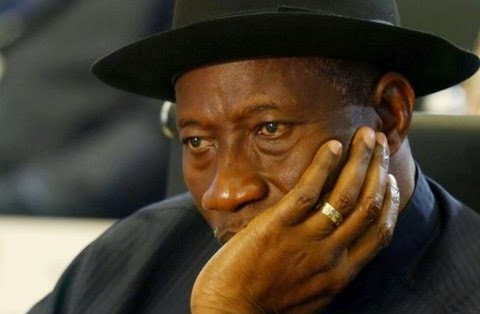News
Why Jonathan cannot run for president in 2027 – Justice Ayo Salami

Former President of the Court of Appeal, Justice Isa Ayo Salami, has declared that ex-President Goodluck Jonathan is constitutionally barred from contesting the 2027 presidential election.
Justice Salami stated that the 1999 Constitution, as amended, limits any individual from serving as president for more than two terms totaling eight years. If Jonathan were to contest and win, he said, the former president would surpass that limit.
According to him, Jonathan’s potential candidacy would be invalidated by the Court of Appeal and upheld by the Supreme Court if challenged.
Citing Sub-section (3) of Section 137 of the 1999 Constitution, as altered by the Fourth Alteration Act No. 16 of 2018, Salami said Jonathan’s bid was “dead on arrival.” He warned those urging the former president to run to take heed of the cautionary phrase often directed at land speculators: caveat emptor (buyers beware).
READ ALSO:Real reason Jonathan halted petrol subsidy removal – Sanusi
Salami shared his position in a legal opinion addressing the controversy surrounding Jonathan’s eligibility.
He stated: “It is painstakingly and dispassionately demonstrated abundantly to all and sundry that ambition of Goodluck Ebele Jonathan to contest for the office of the president for the second term in the 2027 general election is effectively and undoubtedly shot down by Sub-section (3) of Section 137 of the 1999 Constitution as altered by the Fourth Alteration Act, No 16 of 2018 which, to my mind, is unassailable.”
He added that any attempt by Jonathan’s supporters to ignore this legal provision could lead to his removal from office if he wins, as “the Court of Appeal… will conveniently remove him,” a decision that “will be undoubtedly affirmed by the Supreme Court.”
The retired jurist further clarified that constitutional amendments can have retroactive implications, unlike criminal statutes. “It is trite that an amendment to an enactment relates back to the date the principal enactment… came into force,” he explained.
Addressing the argument that the constitutional amendment cannot apply retroactively, Salami maintained that such reasoning overlooks the distinction between civil and criminal rights.
He said: “The Constitution protects criminal right against retroactive legislation… The Constitution frowns at or forbids retroactive enactment with regards to criminal act, omission and penalties and not civil or constitutional infractions.”
Citing the Interpretation Act, he argued that the Fourth Alteration Act, which amended the Constitution in 2018, effectively dates back to when the 1999 Constitution itself came into effect.
Salami concluded that there is no justification for the “hue and cry” over retroactive application, stressing that constitutional provisions hold a higher legal standing than statutory laws and cannot be set aside on grounds of unconstitutionality or retroactivity.
















